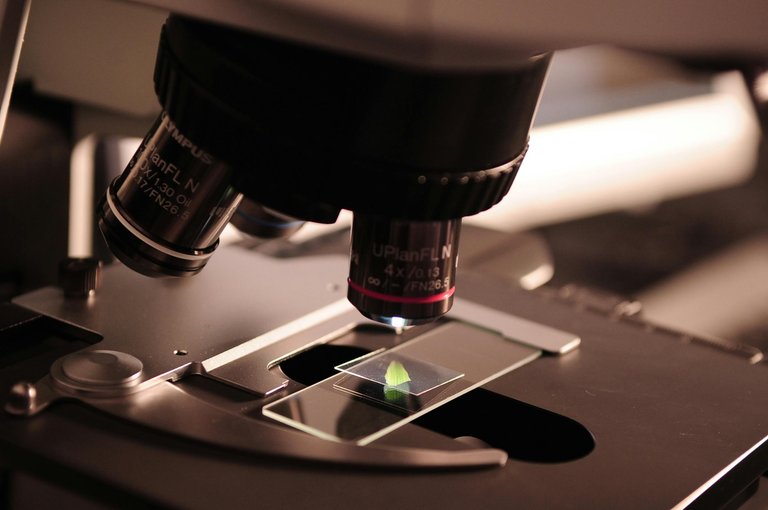Science is organized knowledge
Science is a field that organizes and organizes the knowledge gained through human curiosity, observation, experimentation, and analysis. It is called organized knowledge because science does not just collect data, but tries to explain the workings of nature and reality by arranging that data into a framework. Science helps us understand the world and the universe, and turns that understanding into a useful and applicable form.

Pexels:
Science means integrating scattered pieces knowledge into an organized structure. This process involves observation, identifying problems, raising questions, experimenting, collecting and analyzing datafinally arriving at a theory or conclusion. This entire process is very orderly and logical, which is why science is called organized knowledge.
Every day we observe various natural phenomena—sunrise, rain, lightning, tree growth, disease transmission, etc. Thinking about these phenomena, why they happen, how they happen—these are the questions that start science.The theory of gravity was created from this simple observation. Here we see how a simple phenomenon starts from observation and transforms into deep analysis and organized knowledge.
 [Pexels:]( https://www.pexels.com/photo/person-holding-laboratory-flask-2280571//
[Pexels:]( https://www.pexels.com/photo/person-holding-laboratory-flask-2280571//
Another important aspect of science is its process approach or systematic approach. Science does not accept any information or decision suddenly. It must be evidence-based and re-verifiable. The results obtained by one researcher must be verifiable by another researcher in the same way. As a result, science becomes a reliable and trustworthy store of knowledge. This constructive and structured approach is what makes science different from other fields of knowledge.
The greatest evidence of this organizational knowledge is found in various branches of science. Such as physics, chemistry, biology, geology, etc. Each branch collects information in its own way, analyzes it, and places it in a theoretical framework. As a result, we get a consistent and integrated explanation about various natural phenomena and the behavior of objects. For example, in physics, Newton's law of motion, Einstein's theory of relativity, quantum mechanics—all are the products of a single organized knowledge.

Pexels:
Science is a store of knowledge that is continuously expanded and refined. If a theory or idea is proven wrong by new data, science accepts it and formulates a revised theory. This constructive flexibility makes science very dynamic and future-oriented. This approach has given people a better life, healthcare, technology, transportation and communication.
However, science is not just a means of technological development, it is also a way thinking. Science teaches us think logically, doubt question and make decisions based on evidence. Science plays an important role in shaping the culture rationality, reason-based policies and decision-making in society.
Therefore, it can be said that science is not just a collection information truths complete system of knowledge, which is orderly, logical and verifiable. From this perspective, science is called organized knowledge. Behind every progress of human civilization, there is a huge contribution of this organized knowledge, which has given people a new path illuminated by the light of knowledge.